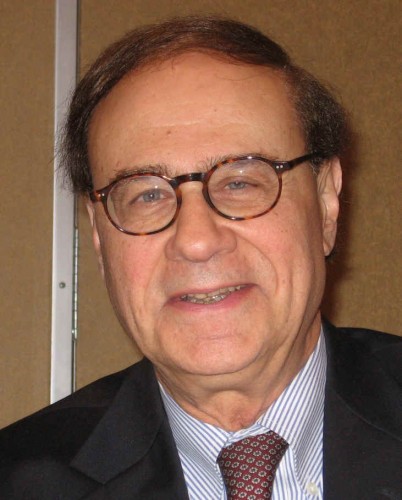John Fonte’s thoughtful review of America 3.0 is entitled “E Pluribus Bonum.” Mr. Fonte is paraphrasing the motto of the United States, E Pluribus Unam — one from many. He is saying from many, the good.
Mr. Fonte’s professional concern in many of his writings has been on immigration, assimilation and national culture. And he correctly notes that we argue that America has indeed formed something good out of the many who have come here. We note the extraordinary assimilative powers of the American people, and of the Anglosphere generally in our book.
The mantra “We are a nation of immigrants” is repeated endlessly, but this incantation is essentially misleading. The addition of one adjective, “assimilated,” as in, “We are a nation of assimilated immigrants,” would greatly clarify our understanding of American identity. The question then becomes, Assimilated to what?
In America 3.0, we answer that question.
“Our American culture today,” Bennett and his co-author, Michael J. Lotus, tell us, “is part of a living and evolving organism, spanning centuries.” At the center of that culture is the American nuclear family. In the American nuclear family (as opposed to the traditional extended family), individuals are free to select their own spouses; grown children leave their parents’ homes and form new households; women enjoy a high degree of freedom compared with those in other cultures; children have no legal right to demand any inheritance from their parents; parents have no legal right to demand support from their adult children; and people have no right to expect help from their relatives.
The consequences of the American type of nuclear family, according to Bennett and Lotus, are that Americans are more individualistic, entrepreneurial, and mobile than other peoples. Suburbia is a major consequence, as American nuclear families prefer dispersed single-family homes over dense urban arrangements. Despite what they admit are “chaotic” changes in American family life, Bennett and Lotus do not “anticipate a basic change in cultural attitudes” that are “shaped by upbringing, language, institutions, and unconscious patterns of behavior that take centuries to form.”
Applying their anthropological-historical analysis, the authors note that the nuclear family emerged among the English. Bennett and Lotus state explicitly that the English family type became the American-style nuclear family, and this “underlying Anglo-American family type was the foundation for all the institutions, laws, and cultural practices that gave rise to our freedom and prosperity over the centuries.”
Mr. Fonte concludes on this note:
Bennett and Lotus have produced a very important evergreen book making a strong case for their myriad arguments. Interest among the conservative intelligentsia should be intense. There have already been endorsements from Glenn Reynolds, Michael Barone, Jonah Goldberg, and John O’Sullivan. Rebuttals from our friends at the Claremont Institute are sure to come:”ˆAs Straussians rather than Burkeans, they will insist that politics (the Declaration of Independence)”ˆtrumps culture (the nuclear family).
We are grateful to Mr. Fonte for his encouraging review. RTWT.

“As Straussians rather than Burkeans, they will insist that politics (the Declaration of Independence)”ˆtrumps culture (the nuclear family).”
Except in the case of the Declaration, politics are *reinforcing* ANF culture.
Even on the matter of equality, it is an equality without differences in status or caste – this is what made the Declaration so remarkable – it implicitly refuted no only the practice of chattel slavery, but of indentured servitude and the mores of Virginia “deference” society that weakly aped the rigid class structure of Britain. This is why the Declaration side by side with slavery was a fatal contradiction
Zen, agreed.
As I said in the book:
He did it on purpose.